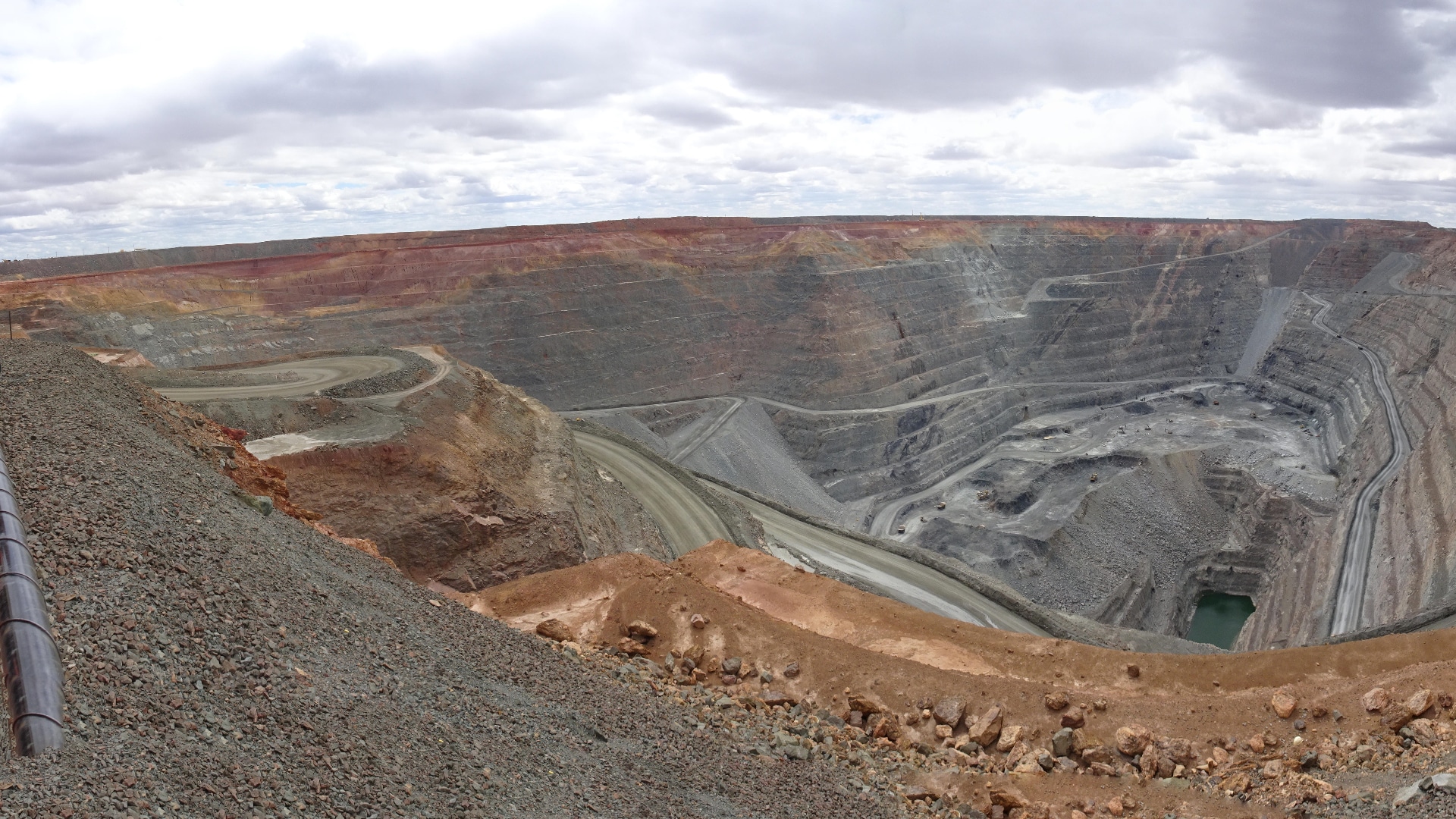Greece and Cyprus have signed a memorandum of cooperation to strengthen collaboration on mineral resources, according to an announcement released on Friday.
The signing took place on October 23, in the presence of Cyprus’ Agriculture Minister Maria Panayiotou.
The ministry explained that the memorandum’s main provisions aim to promote cooperation between state services of the two countries, both members of the European Union, in the field of mineral raw materials.
This cooperation will be achieved through the exchange of expertise and data on technological developments, with the ultimate goal of enhancing policy planning in the promotion of mining and quarrying development.
The memorandum also seeks to strengthen collaboration in areas concerning joint actions for the sustainable development of mineral raw materials in both countries.
It addresses matters related to the circular economy, reprocessing of mining waste, and the protection and restoration of the natural environment.
In addition, it covers the alignment with EU obligations to ensure a secure and sustainable supply of critical raw materials.
Panayiotou highlighted the great importance of the memorandum for advancing sustainable development in the mineral resources sector through the implementation of innovative technologies.
“This agreement is of great importance for sustainable development in the mineral resources sector through the application of innovative new technologies that aim to reduce the environmental footprint of ore extraction, by applying circular economy principles through the reuse of mineral deposits and the restoration of old mines,” she said.
During the Greek delegation’s visit to Cyprus, an on-site presentation was held at the Vassiliko Cement Works, where the company’s general director presented the new technologies being applied for the rational development of its five quarries.
He explained that these innovations help reduce carbon dioxide emissions and promote the use of alternative fuels, including waste from recycling units and old tyres.
The delegation also visited the quarrying zone of Pareklisia, where they were briefed on the integrated development methodology for the three quarries in the area.
They were shown the crushing, classification, and production process of final aggregate materials, along with the gradual restoration of waste disposal sites.
Another key visit took place at the Skouriotissa and Apliki mines, where the delegation was informed about the methodology used in the new facilities for producing pure metallic copper through leaching and electrolysis.
This pioneering method significantly reduces the environmental footprint of the mining process.
Furthermore, the delegation was informed that applications have been submitted for the installation of a photovoltaic park at the site, with the aim of achieving full energy autonomy and further reducing environmental impact.
An on-site presentation was also conducted at the old Amiantos mine and the Troodos Geopark Information Centre, where attendees learned about the methods used for the mine’s restoration and the importance of the geopark.






Click here to change your cookie preferences